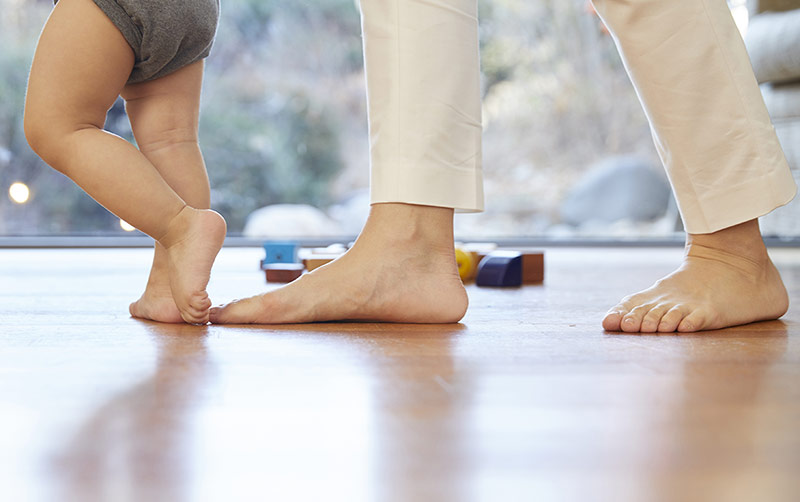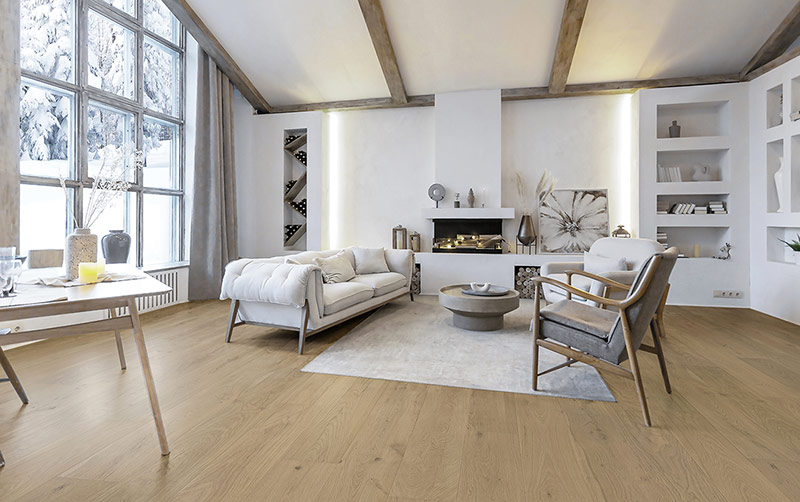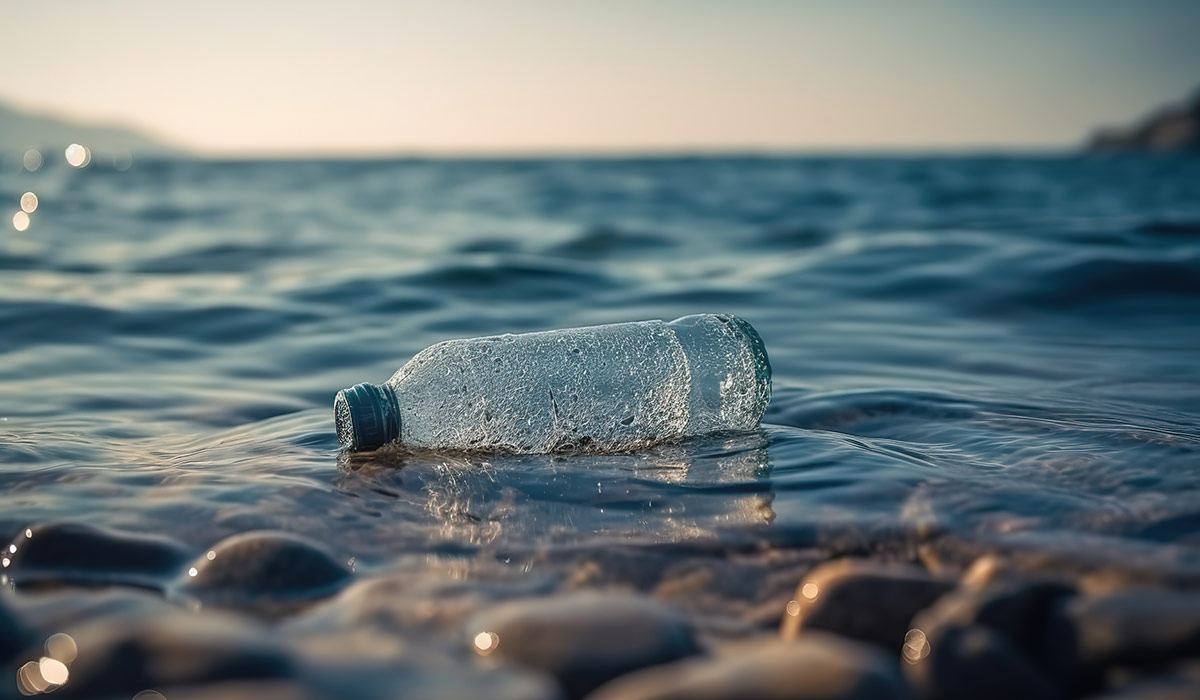
The Environmental Imperative of PVC-Free Flooring
In today's world where environmental consciousness is no longer optional but essential, the flooring industry has seen a significant shift toward more sustainable solutions. Among these, PVC-free flooring stands out as a genuinely eco-friendly alternative that addresses multiple environmental concerns associated with traditional flooring materials. Unlike conventional vinyl flooring that relies on polyvinyl chloride (PVC)—a material with well-documented ecological and health drawbacks—PVC-free options utilize innovative, responsible materials and manufacturing processes that significantly reduce environmental harm while delivering equal or superior performance.
Sustainable Materials at the Core
The foundation of PVC-free flooring's environmental advantage lies in its material composition. Where traditional vinyl uses petroleum-derived PVC plastic—a resource-intensive material that requires chlorine processing—PVC-free alternatives employ renewable or recycled components that leave a much lighter ecological footprint.
Wood Plastic Composite (WPC) flooring, for instance, combines reclaimed wood fibers with non-toxic polypropylene instead of PVC. This not only diverts wood waste from landfills but also eliminates the need for chlorine, a chemical associated with toxic byproducts during PVC production. Similarly, Stone Plastic Composite (SPC) flooring uses abundant limestone as its primary ingredient, mixed with stabilizers that are free from phthalates and other harmful plasticizers. Limestone is a naturally occurring material that requires minimal processing, making it far more sustainable than petroleum-based alternatives.
For those seeking the most eco-conscious options, bio-based polymers derived from sugarcane or cork offer a renewable alternative to synthetic materials altogether. These plant-based solutions not only reduce dependence on fossil fuels but are also biodegradable at the end of their lifecycle, closing the loop on sustainability.
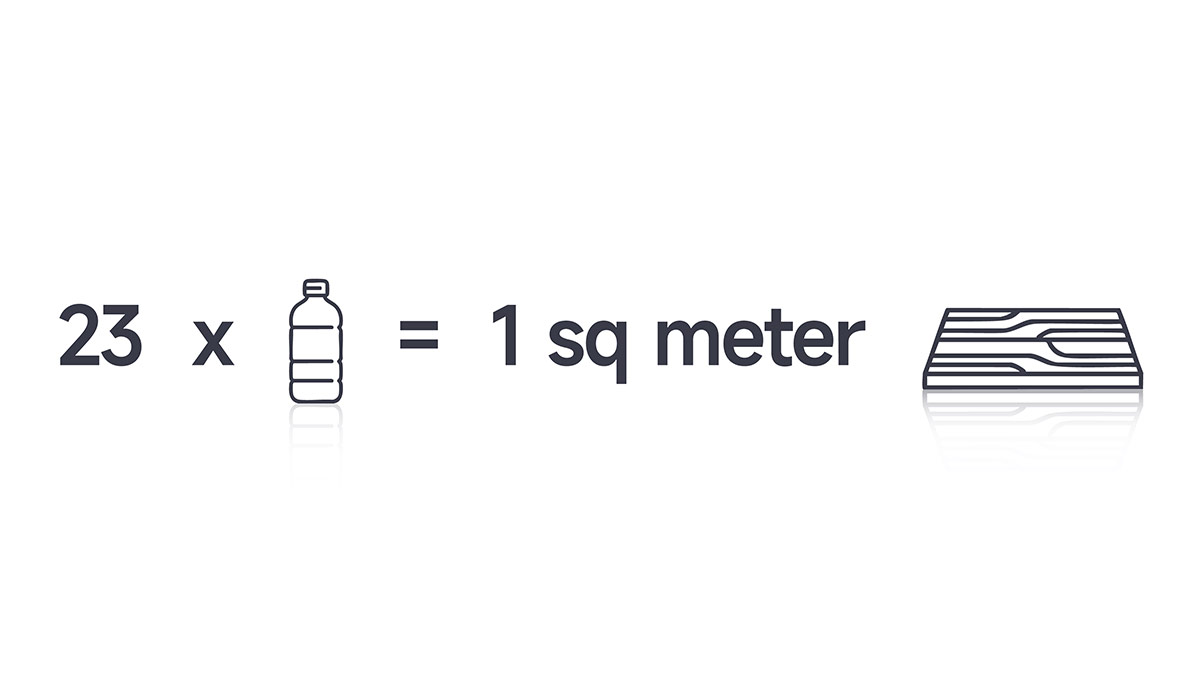
Cleaner Production Processes
Beyond just the raw materials, the way PVC-free flooring is manufactured further underscores its environmental benefits. Traditional PVC production is energy-intensive and releases dioxins—a group of highly toxic chemical compounds that persist in the environment and accumulate in the food chain. The elimination of chlorine processing in PVC-free flooring immediately removes this hazardous byproduct from the equation.
The manufacturing of WPC and SPC flooring relies on heat pressing and compression techniques that require less energy compared to PVC synthesis. Many producers of PVC-free flooring have also adopted water-based coatings and digital printing methods that eliminate the need for solvent-based finishes, reducing air pollution and workplace hazards.
Additionally, responsible manufacturers are increasingly implementing closed-loop systems where production waste is recycled back into the process, minimizing material loss. Some brands even utilize renewable energy to power their facilities, further shrinking the carbon footprint of their products.
Healthier Homes and a Healthier Planet
The advantages of PVC-free flooring extend beyond the factory and into living spaces. Traditional vinyl flooring has long been scrutinized for off-gassing volatile organic compounds (VOCs) and phthalates—chemicals linked to respiratory issues and hormonal disruptions. By removing these substances from the equation, PVC-free flooring creates indoor environments with better air quality, making it particularly valuable for households with children, pets, or allergy sufferers.
At the end of its long service life—often 20-30 years—PVC-free flooring presents fewer disposal challenges than its conventional counterpart. While PVC is notoriously difficult to recycle due to its chemical additives, many PVC-free materials can be repurposed or broken down safely. Some manufacturers have even established take-back programs to ensure old flooring doesn't end up in landfills.
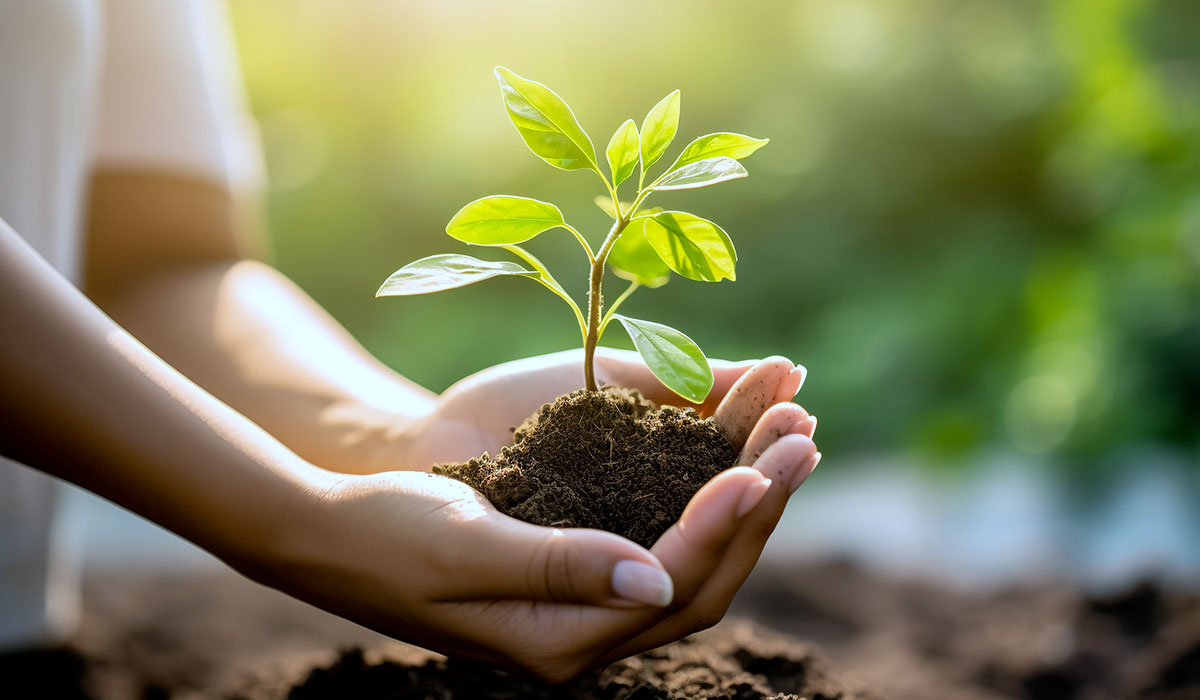
The Clear Choice for a Sustainable Future
When evaluating flooring options, the ecological benefits of PVC-free alternatives become undeniable. From responsibly sourced materials to cleaner production methods and healthier indoor environments, these innovative products represent a meaningful step forward in sustainable design. As technology advances and more manufacturers adopt these practices, PVC-free flooring is poised to become the new standard—proving that environmental responsibility and high performance can go hand in hand.
For homeowners who care about their health and the planet's future, choosing PVC-free flooring isn't just an alternative—it's the only logical choice.


